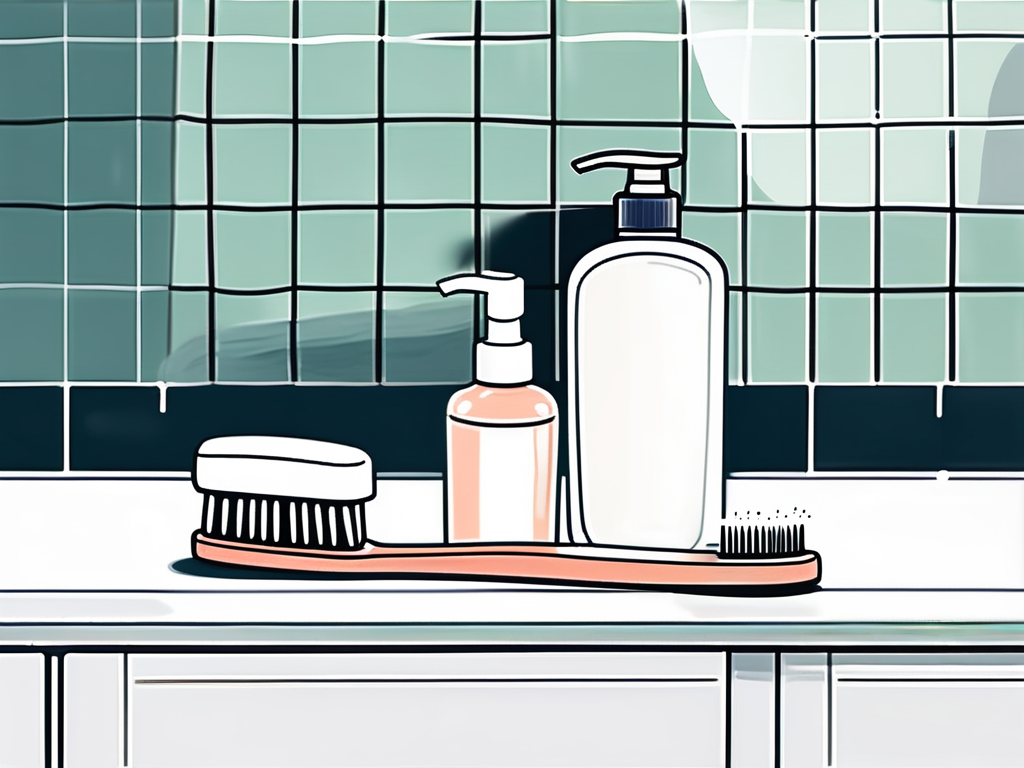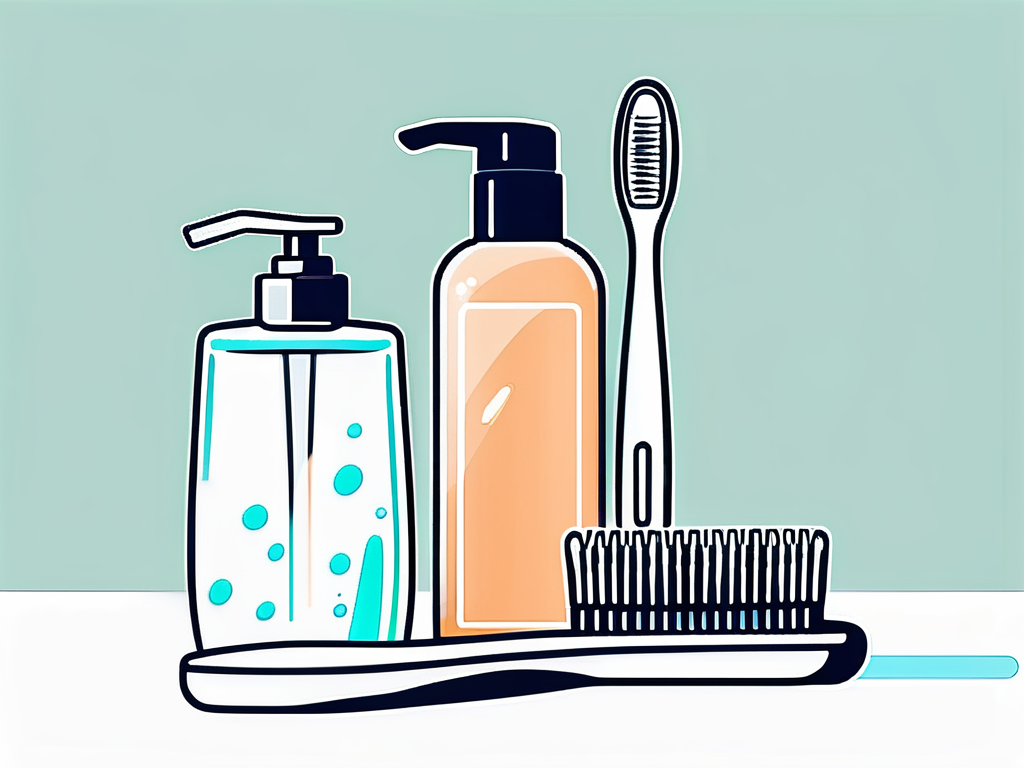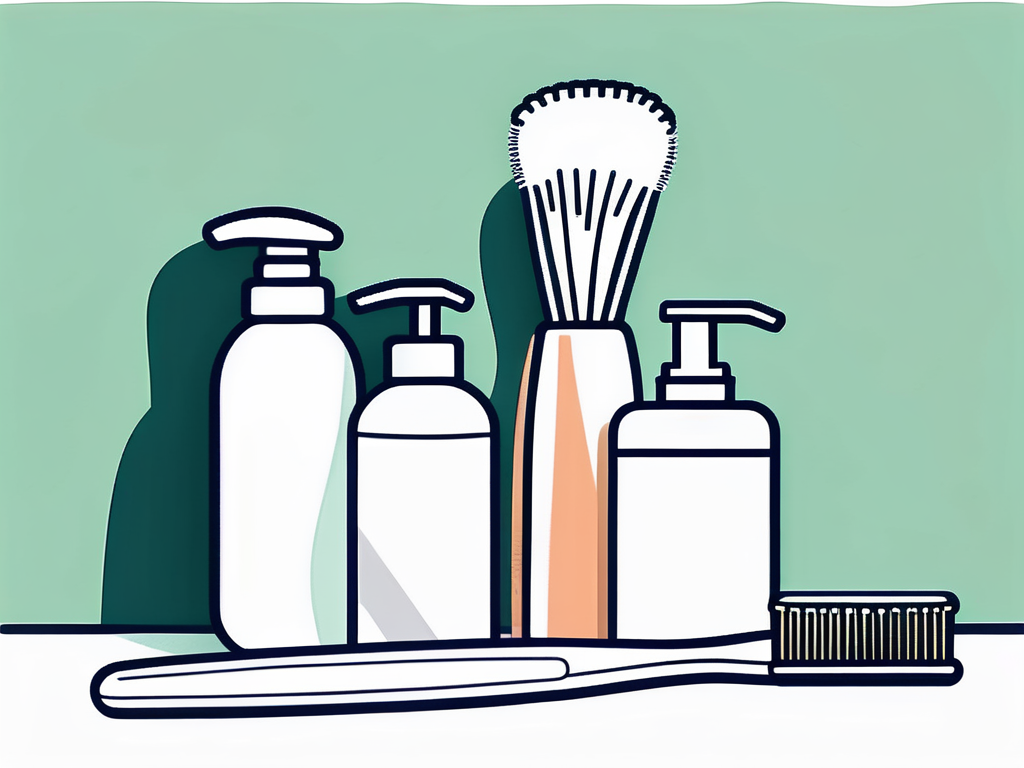Mouth guards are essential dental appliances that protect your teeth from grinding and clenching while you sleep. They play a crucial role in maintaining your oral health and preventing dental problems caused by teeth grinding. However, just like any other dental appliance, mouth guards require proper care and maintenance to ensure their longevity and effectiveness. In this comprehensive guide, we will explore the importance of mouth guard maintenance, provide step-by-step instructions for cleaning your mouth guard, offer tips on choosing the right cleaning solutions, and share best practices for storing your mouth guard. Let's dive in!
Understanding the Importance of Mouth Guard Maintenance
As with any dental device, regular maintenance is key to ensuring your mouth guard remains clean, hygienic, and comfortable to wear. Neglecting proper maintenance can lead to a buildup of bacteria, plaque, and stains, compromising the integrity of your mouth guard and potentially causing oral health issues such as bad breath or infections.
Moreover, maintaining your mouth guard not only ensures its longevity but also contributes to your overall oral health. By following a routine maintenance schedule, you can prevent the accumulation of harmful bacteria and debris on your mouth guard, thus reducing the risk of dental problems in the long run.
Why Cleaning Your Mouth Guard is Essential
Regular cleaning of your mouth guard is essential to remove any build-up of bacteria, food particles, plaque, or tartar. These substances can accumulate on the surface of your mouth guard and contribute to oral health problems, including tooth decay and gum disease.
Furthermore, proper cleaning can help maintain the clarity and transparency of your mouth guard, ensuring that it remains aesthetically pleasing and discreet while you wear it during the night.
The Role of Proper Storage in Mouth Guard Longevity
Proper storage of your mouth guard is equally important to maintain its shape, structural integrity, and hygiene. Inadequate storage can lead to distortion or damage, rendering your mouth guard ineffective and uncomfortable to wear.
When not in use, it is recommended to store your mouth guard in a clean, dry case to protect it from dust, bacteria, and physical damage. Additionally, storing your mouth guard in a designated case can help prevent misplacement and ensure that it is readily accessible when needed.
Step-by-Step Guide to Cleaning Your Mouth Guard
To ensure optimal cleanliness and longevity of your mouth guard, follow these simple steps:

Gathering Your Cleaning Materials
Before you start cleaning your mouth guard, gather the necessary materials. You will need a soft-bristled toothbrush specifically designated for cleaning your mouth guard, a mild, non-abrasive soap or denture cleaner, and lukewarm water.
It's important to use a soft-bristled toothbrush to avoid scratching the surface of your mouth guard, which could create small crevices where bacteria can thrive. The mild, non-abrasive soap or denture cleaner is gentle enough to clean your mouth guard without causing damage.
The Cleaning Process Explained
Start by rinsing your mouth guard with lukewarm water to remove any loose debris. Then, apply a small amount of mild, non-abrasive soap or denture cleaner to your toothbrush and gently brush your mouth guard, paying attention to all surfaces. Avoid using hot water, as it can cause warping or distortion. Rinse the mouth guard thoroughly with lukewarm water to ensure all soap or cleaner residue is removed.
After cleaning, it's essential to allow your mouth guard to air dry completely before storing it in its case. Storing a damp mouth guard can promote bacterial growth, leading to unpleasant odors and potential oral health issues.
Once you have completed the cleaning process, inspect your mouth guard for any remaining debris or stains. If necessary, repeat the cleaning process or soak it in a denture cleaner solution according to the manufacturer's instructions.
Choosing the Right Mouth Guard Cleaning Solutions
When it comes to selecting the appropriate cleaning solution for your mouth guard, consider the following options:
Over-the-Counter Solutions
There are various over-the-counter cleaning solutions specifically formulated for mouth guards. These solutions typically come in tablet or liquid form and are designed to effectively clean and disinfect your mouth guard. Follow the instructions provided on the product packaging for optimal results.
It is important to note that some over-the-counter solutions may contain harsh chemicals that could potentially damage your mouth guard over time. Be sure to choose a solution that is gentle yet effective to ensure the longevity of your mouth guard.
Natural Cleaning Solutions
If you prefer a natural approach, you can clean your mouth guard using household products such as hydrogen peroxide or diluted vinegar. Remember to rinse your mouth guard thoroughly after cleaning with these solutions to remove any lingering taste or smell.
Additionally, natural cleaning solutions are environmentally friendly and pose less risk of causing irritation or allergic reactions compared to some commercial cleaning products. Embracing natural cleaning methods not only benefits your mouth guard but also promotes a more sustainable and eco-conscious lifestyle.
The Do's and Don'ts of Mouth Guard Cleaning
To ensure you maintain your mouth guard's cleanliness and longevity, here are some essential do's and don'ts:

Mouth guards are essential tools for protecting your teeth from grinding and clenching during sleep. Proper care and maintenance are crucial to ensure their effectiveness and longevity. In addition to the common cleaning mistakes to avoid and best practices for effective cleaning listed below, it's important to note that regular dental check-ups can help monitor the condition of your mouth guard and ensure it fits properly.
Common Cleaning Mistakes to Avoid
- Do not use toothpaste or whitening products to clean your mouth guard, as they can be abrasive and damage the surface.
- Avoid using hot water or harsh chemicals, as they can cause warping, distortion, or discoloration.
- Do not use a hard-bristled toothbrush, as it can scratch or damage the mouth guard's surface.
It's also crucial to avoid exposing your mouth guard to extreme temperatures, as this can affect its shape and fit. When not in use, store your mouth guard in a designated case to protect it from dust, bacteria, and physical damage. Additionally, consider soaking your mouth guard in a denture cleaner or a mixture of water and vinegar once a week to ensure a thorough clean.
Best Practices for Effective Cleaning
- Clean your mouth guard daily, ideally after each use, to prevent the buildup of bacteria and stains.
- Store your mouth guard in a clean, dry case when not in use to protect it from contamination.
- Inspect your mouth guard regularly for signs of wear or damage, and replace it if necessary.
Remember, a well-maintained mouth guard not only protects your teeth but also promotes better oral health overall. By following these do's and don'ts of mouth guard cleaning, you can ensure that your mouth guard remains effective and comfortable for years to come.
How to Properly Store Your Mouth Guard
Proper storage plays a vital role in maintaining your mouth guard's hygiene and extending its lifespan. Follow these tips to ensure optimal storage:

Ideal Storage Conditions for Your Mouth Guard
Store your mouth guard in a clean, well-ventilated case specifically designed for dental appliances. Make sure the case is dry and avoid exposing your mouth guard to direct sunlight or extreme temperatures, as they can cause warping or distortion.
It is also recommended to clean your mouth guard thoroughly before storing it. Use a gentle cleanser and a soft-bristled brush to remove any debris or bacteria that may have accumulated during use. Allow the mouth guard to air dry completely before placing it in the storage case to prevent mold or mildew growth.
Tips for Storing Your Mouth Guard While Traveling
When traveling, always carry a travel case to ensure your mouth guard remains protected from contamination and physical damage. Avoid storing it in a plastic bag or an uncased container, as these can be breeding grounds for bacteria.
Additionally, consider bringing along a small bottle of denture cleaner or effervescent tablets to give your mouth guard a quick refresh during your trip. This extra step can help maintain its cleanliness and ensure your oral health is not compromised while away from home.
By following these maintenance and storage guidelines, you can ensure your mouth guard remains clean, hygienic, and in optimal working condition for a long time to come. Remember, a well-maintained mouth guard not only protects your teeth but also promotes a good night's sleep and overall oral health.













